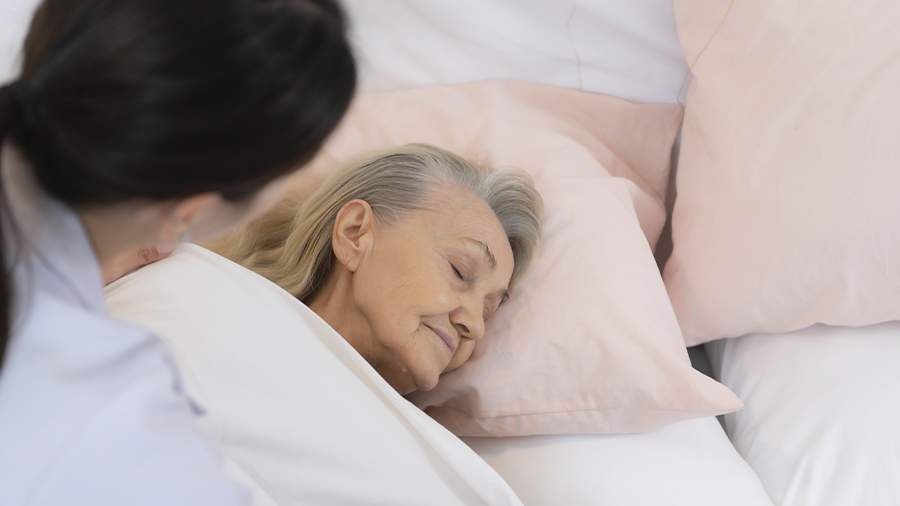The doctor spoke about the dangers of apnea for the heart and its treatment

Loud snoring, lack of air during sleep, and fatigue in the morning may indicate obstructive sleep apnea. On July 1, she told the newspaper about how this condition affects health.Ru" cardiologist of the Scandinavian Health Center Valeria Bonadykova.
Obstructive sleep apnea syndrome is a disorder in which the airways are blocked and breathing stops periodically. According to the doctor, at such a moment, a person's blood pressure rises sharply, and the oxygen level in the blood drops. Such fluctuations can be repeated several times a night, which creates a chronic strain on blood vessels, the specialist noted.
According to her, a decrease in oxygen and its abrupt recovery cause inflammation and oxidative stress, which damages the inner lining of blood vessels. Thus, the walls of blood vessels lose their elasticity, the regulation of their tone is disrupted. In addition, each episode of sleep apnea causes a surge in blood pressure, which eventually wears out the heart.
"Apnea can be suspected by several signs: respiratory arrest during sleep, sudden snoring, episodes of suffocation, restless sleep, night sweats and frequent urination. Headaches, dry mouth, and bruising are common in the morning. Daytime: drowsiness, decreased concentration, irritability. If such symptoms appear against the background of snoring, a somnologist's consultation is necessary," the expert said.
According to Bonadykova, without treatment of the disorder, the risk of hypertension, heart attacks, strokes and arrhythmias increases. The specialist added that sleep disorders lead to a constant overload of the cardiovascular system.
It is noted that the main treatment method is CPAP therapy (Continuous Positive Airway Pressure, or constant positive airway pressure): the device with a mask supplies air under pressure, preventing the collapse of the respiratory tract. With a mild form of apnea, mouth guards are used for treatment. Experts also recommend losing weight, avoiding alcohol, sleeping pills, and sleeping on your side. In some cases, neurostimulators are used or surgical correction is performed.
"The effectiveness can be assessed by how you feel: the disappearance of snoring, awakenings, headaches, improved alertness and concentration. CPAP devices record key sleep parameters," the expert concluded.
Alexander Umnov, a lecturer at the Department of Surgery at the Medical Faculty of the State University of Education, spoke about stroke prevention on June 30. The specialist noted that the main risk factors are high blood pressure, high cholesterol, diabetes and obesity. The expert emphasized that a low-activity lifestyle contributes to stroke no less than alcohol and smoking.
Переведено сервисом «Яндекс Переводчик»

